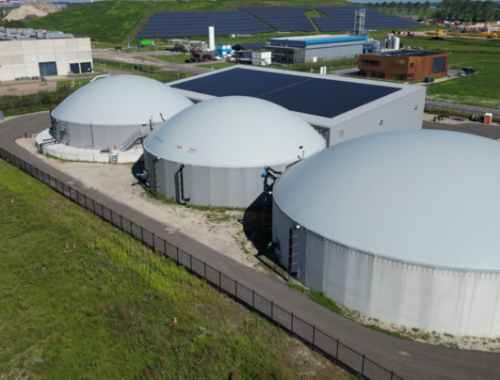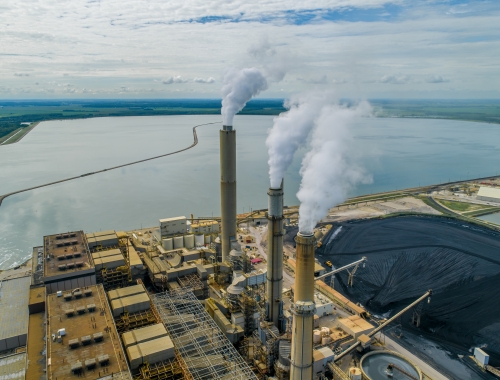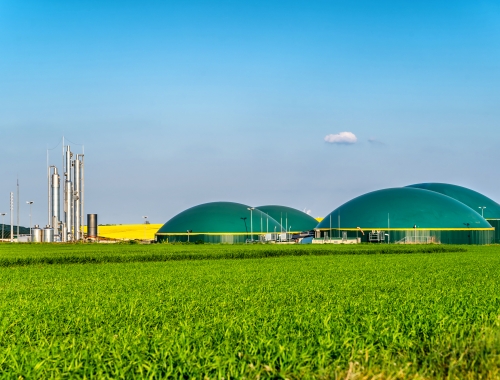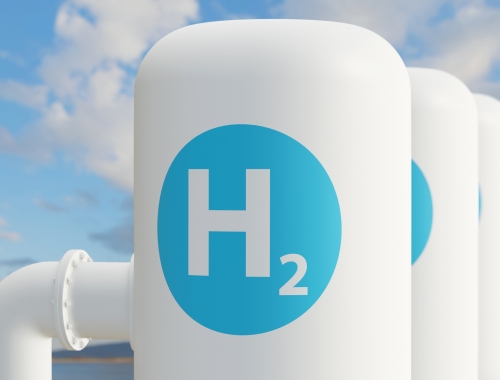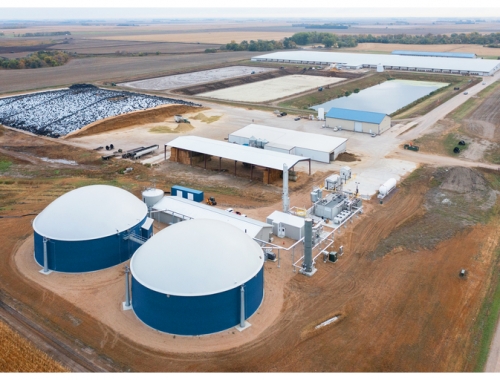Big oil says energy transition off to a bad start: press
SUMMARY
Saudi Aramco says the energy transition has so far ignored concerns such as those related to energy security.
By Daniel GraeberThe head of the Saudi Arabian Oil Company said December 6 at a US energy conference that the energy transition is moving in the wrong direction.
Delegates from the oil and gas sector are in Texas this week for the tri-ennial World Petroleum Congress (WPC), postponed from last year due to Covid-19 restrictions. Attendance at this week's rescheduled event has been severely hampered by concerns surrounding the Omicron variant, which prompted many Asian, Middle East and European executives and political delegates to cancel their attendance.
Amin Nasser, the CEO of the company better known as Saudi Aramco, told a thin WPC audience it was wrong to assume the energy transition strategy, first set with the Paris Agreement in 2016 and reinforced with the Glasgow Climate Pact which emerged from COP26 in Scotland last month, was sound.
"Energy security, economic development and affordability are clearly not receiving enough attention,” he was quoted by CNBC as saying.
Saudi Arabia, as the de facto leader of the Organisation of the Petroleum Exporting Countries, has said the capital flow toward low-carbon forms of energy comes to the detriment of investments in fossil fuels. That in turn – at least according to Riyadh – is at least partially behind the rise in commodity prices this year.
On the sidelines of the COP26 climate summit, US president Joe Biden said the transition to a low-carbon energy sector will not happen overnight.
“I understand that publicly admitting that oil and gas will play an essential and significant role during the transition and beyond will be hard for some,” Nasser added. “But admitting this reality will be far easier than dealing with energy insecurity, rampant inflation and social unrest as the prices become intolerably high, and seeing net-zero commitments by countries start to unravel.”
From the US perspective, however, delegates at the conference said it was imperative to take whatever steps are available during the energy transition.
“There is not an alternative to stepping up and fixing the threat to climate change,” US deputy energy secretary David Turk was quoted by Reuters as saying.


